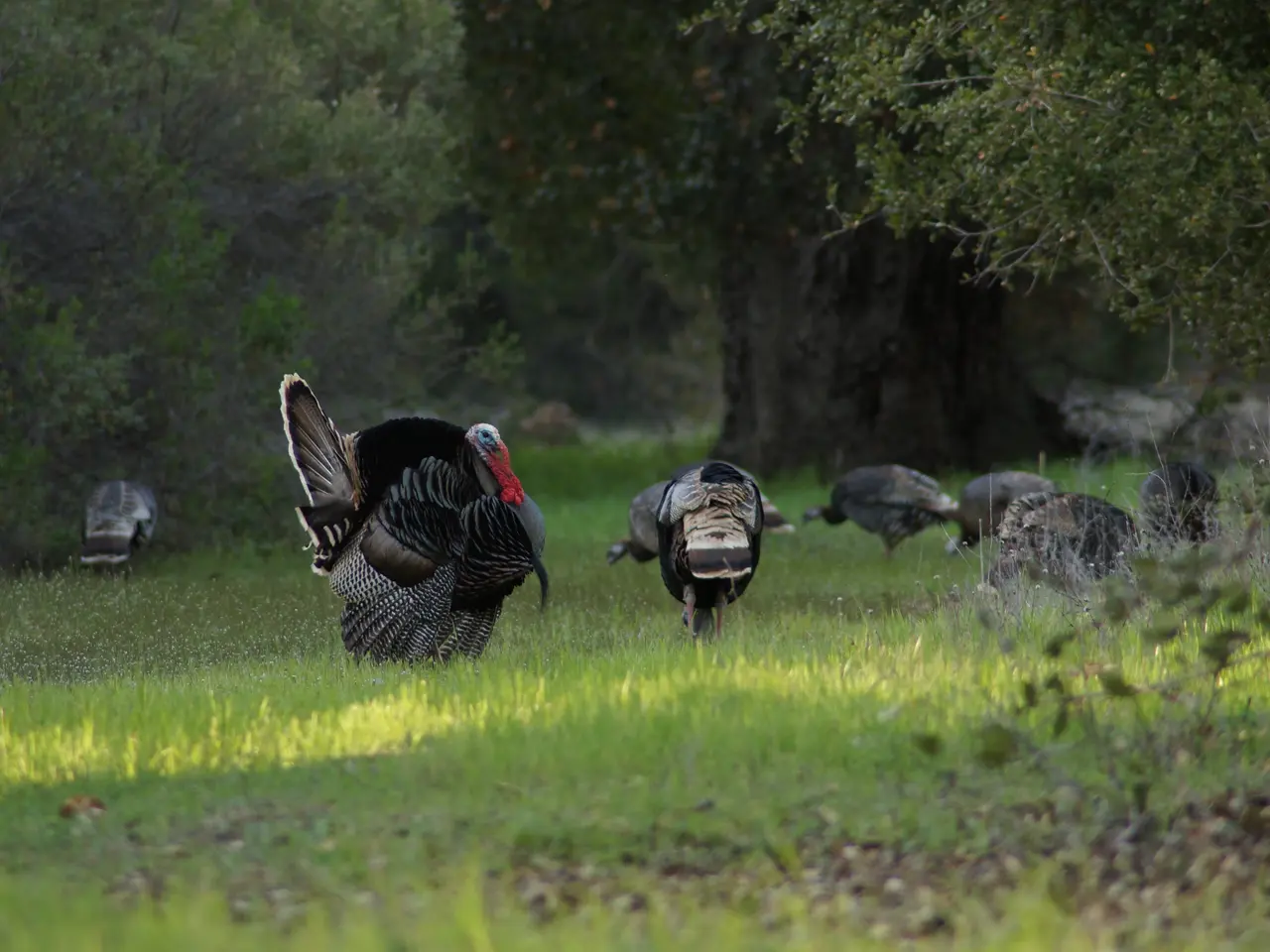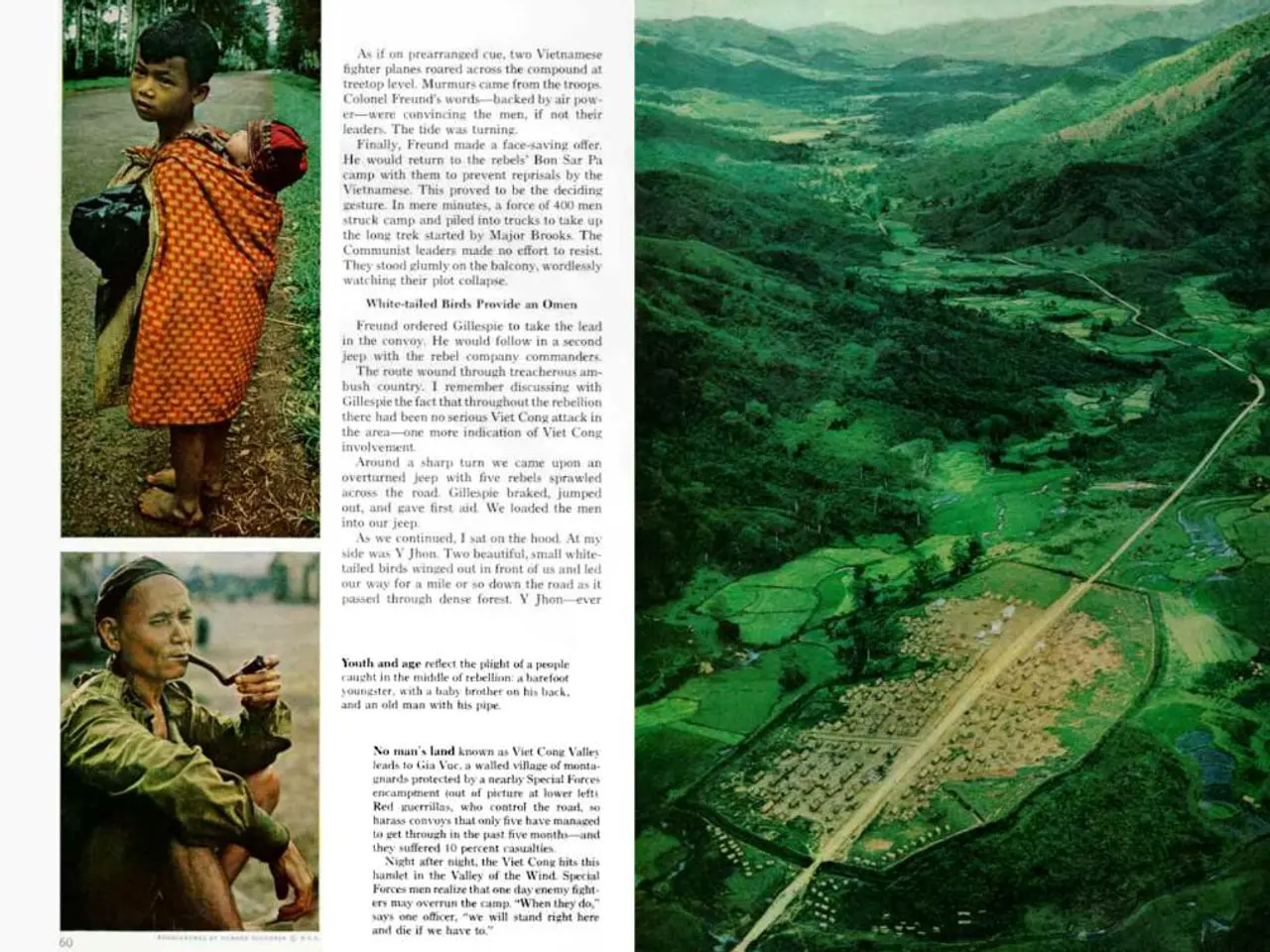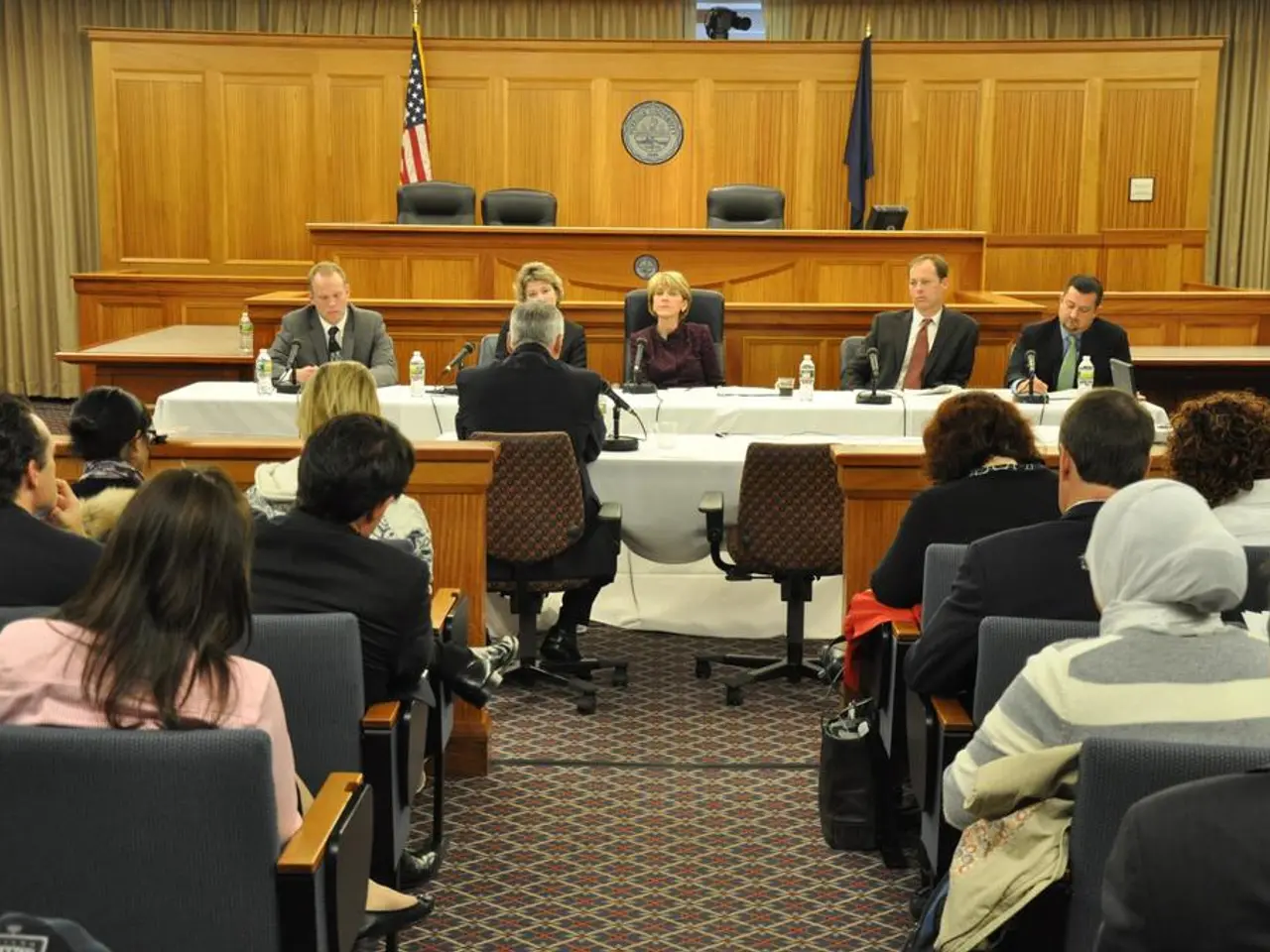A Decade-Long Crackdown on Turkey's Opposition Media
Turkey enforces a 10-day suspension on opposition television stations
Take a seat, buddy, and let's delve into the current state of media freedom in Turkey, shall we? It's a bloody mess, if you ask me. Recently, Turkey's media watchdog, the Radio and Television Supreme Council (RTÜK), took a swing at an opposition TV station, Halk TV, by imposing a 10-day broadcast ban and slapping them with fines. Why? You guessed it, spreading hate and demoralizing the masses. Sounds like something they'd do, doesn't it?
But that's just the tip of the iceberg. Halk TV, which aligns closely with the largest opposition party, the CHP, is not the only target. The RTÜK has gone after other opposition-affiliated broadcasters, such as Sözcü TV and Tele 1, with similar sanctions. These stations have been fined and even faced possible ban threats, aiming to snuff out dissenting voices under the guise of upholding "local and national" values.
Reporters Without Borders (RSF) isn't exactly thrilled about this turn of events. Erol Önderoğlu of RSF had this to say to news agency AFP: "The media regulator enjoys arbitrarily and disproportionately punishing any debate or criticism, fueled by the political and legal repression of the CHP. We fear that opposition news channels close to the CHP could be forced to close in the long run."
In March, the authorities considered a broadcast ban against Sözcü TV, but fortunately, they suspended the decision before it was enacted. Turkey ranks 159th out of 180 countries in Reporters Without Borders' Press Freedom Index - so, you know, not exactly a shining beacon of freedom of speech here.
Now, let me give you a bit more context to help paint the picture, so you can see how deep this rabbit hole goes. The current status of media freedom in Turkey remains highly restrictive and hostile, especially for opposition-aligned broadcasters. This crackdown on opposition media follows a broader pattern of repression in Turkey's media landscape. The government uses legal measures extensively, including terrorism-related charges and a controversial "disinformation law," to prosecute journalists mercilessly.
In the first quarter of 2025 alone, no less than 25 journalists were jailed, 157 were tried in multiple cases, and numerous prosecutions and investigations were launched. And it gets worse - the use of laws criminalizing "membership in a terrorist organization," "dissemination of terrorist propaganda," and insulting public officials are the most common charges aimed at suppressing critical journalism.
The environment for media freedom has deteriorated with the rise of authoritarianism in Turkey, where pluralism is under serious threat. Independent and opposition media outlets face severe limitations and risks, including physical violence against journalists and state security involvement in attacks, especially around politically sensitive events like elections or opposition protests.
In summary, the broadcast bans on Halk TV, Sözcü TV, and other opposition stations exemplify a continuing and escalating governmental effort to control the narrative and suppress dissent in Turkey’s media. These measures reflect the wider state-driven clampdown on press freedom that has led to numerous journalist arrests, trials, and a narrowing space for independent journalism in 2025. So, there you have it, mate. Turkey's media landscape is a tangled web of censorship and repression, painting a grim picture for the future of free speech in the country.
In this context, discussing Turkey's media landscape, it's worth noting the intertwining of politics and general-news, as policies such as community policy and employment policy are often invoked to justify media restrictions. For instance, the use of a disinformation law and terrorism-related charges are common legal methods employed to prosecute journalists, echoing a broader pattern of repression aimed at stifling opposition voices. In addition, international organizations like Reporters Without Borders (RSF) have expressed concern about the arbitrary fines and potential closures of opposition-affiliated broadcasters, such as Halk TV, Sözcü TV, and Tele 1, highlighting the ongoing threat to media freedom and pluralism in Turkey.






